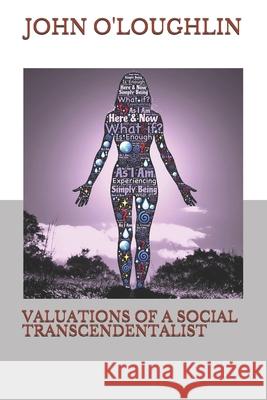Valuations of a Social Transcendentalist » książka
Valuations of a Social Transcendentalist
ISBN-13: 9781503097063 / Angielski / Miękka / 2014 / 170 str.
Continuing with the multi-part style of writing characteristic of 'Alpha and Omega - Diabolic Beginning and Divine End' (2002), this volume of aphoristic philosophy is divisible into three six-chapter parts entitled 'Revaluations', 'Evaluations', and 'Transvaluations', and therefore approaches the task outlined in the title from three different standpoints, albeit without undue inflexibility or too methodical a distinction between them. Nevertheless the result, overall, isn't logically displeasing, since each part has something new and different to offer, not least of all the third, which is closer to the 'transcendentalism' of the ideological title than to its 'social' aspect in the way the emphasis has been placed upon transvaluating, that is, upon shifting the concept of various notions or ideals or realities from alpha to omega, soma to psyche, not-self to self, in the interests of a transvaluation of society along lines likely, if not guaranteed, to lead to the sorts of positive outcomes which I have identified with virtue and, hence, morality, as befitting an alternative kind of society to what generally prevails at present. And not only in countries or contexts where it is demonstrably official, like Britain and America, but also wherever it exists unofficially in consequence of the overwhelming influences and pressures which have been brought to bear on virtually all Western societies by their more powerful neighbours. That said, 'Valuations of a Social Transcendentalist' is by no means defeatist but, on the contrary, cautiously optimistic as to the prospect of some kind of alternative dispensation, broadly identifiable with 'Kingdom Come', for the future. With certain revaluations of previous philosophical positions taken by the author and a number of fresh evaluations also included along with these transvaluations, John O'Loughlin can confidently claim to have finally reached the Social Transcendentalist omega-point of his philosophical oeuvre, and thus satisfied his claim to philosophic if not messianic credibility, whatever others may subsequently think.
Zawartość książki może nie spełniać oczekiwań – reklamacje nie obejmują treści, która mogła nie być redakcyjnie ani merytorycznie opracowana.











